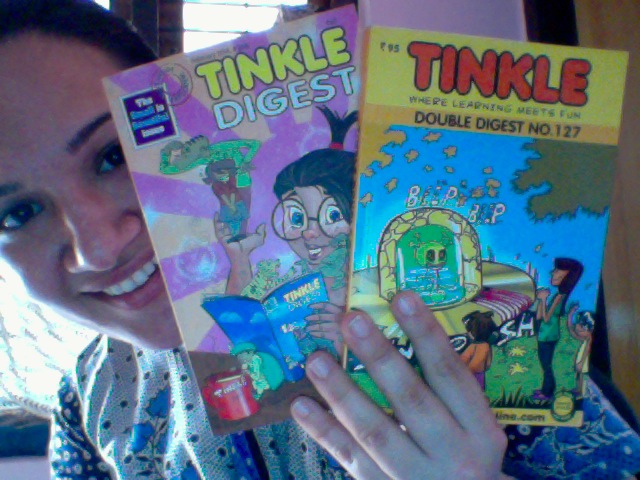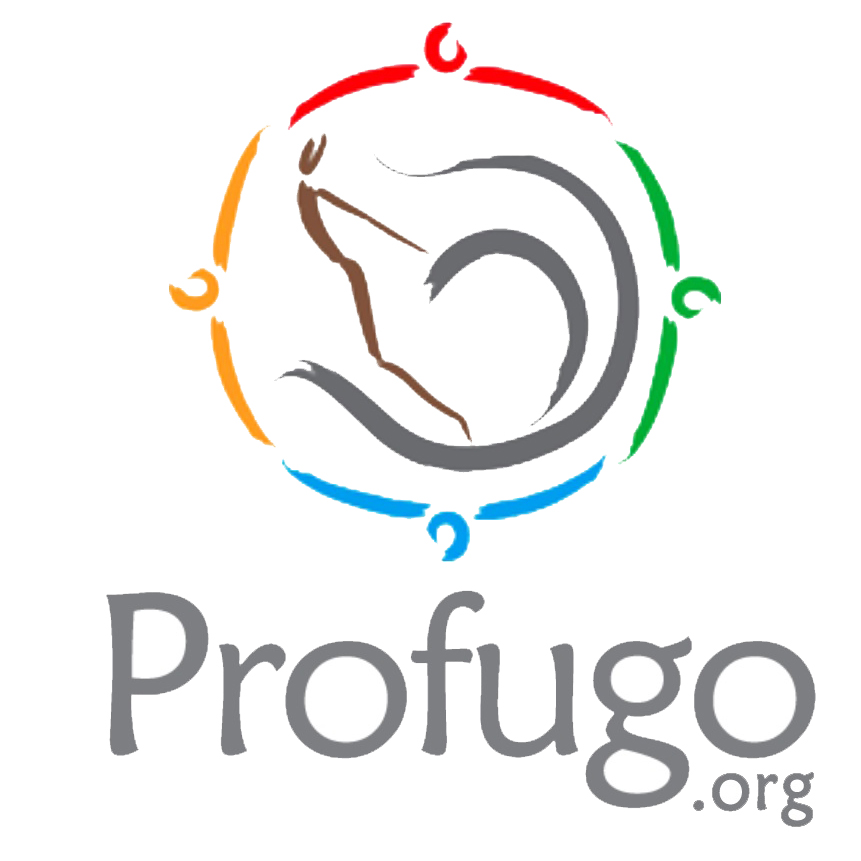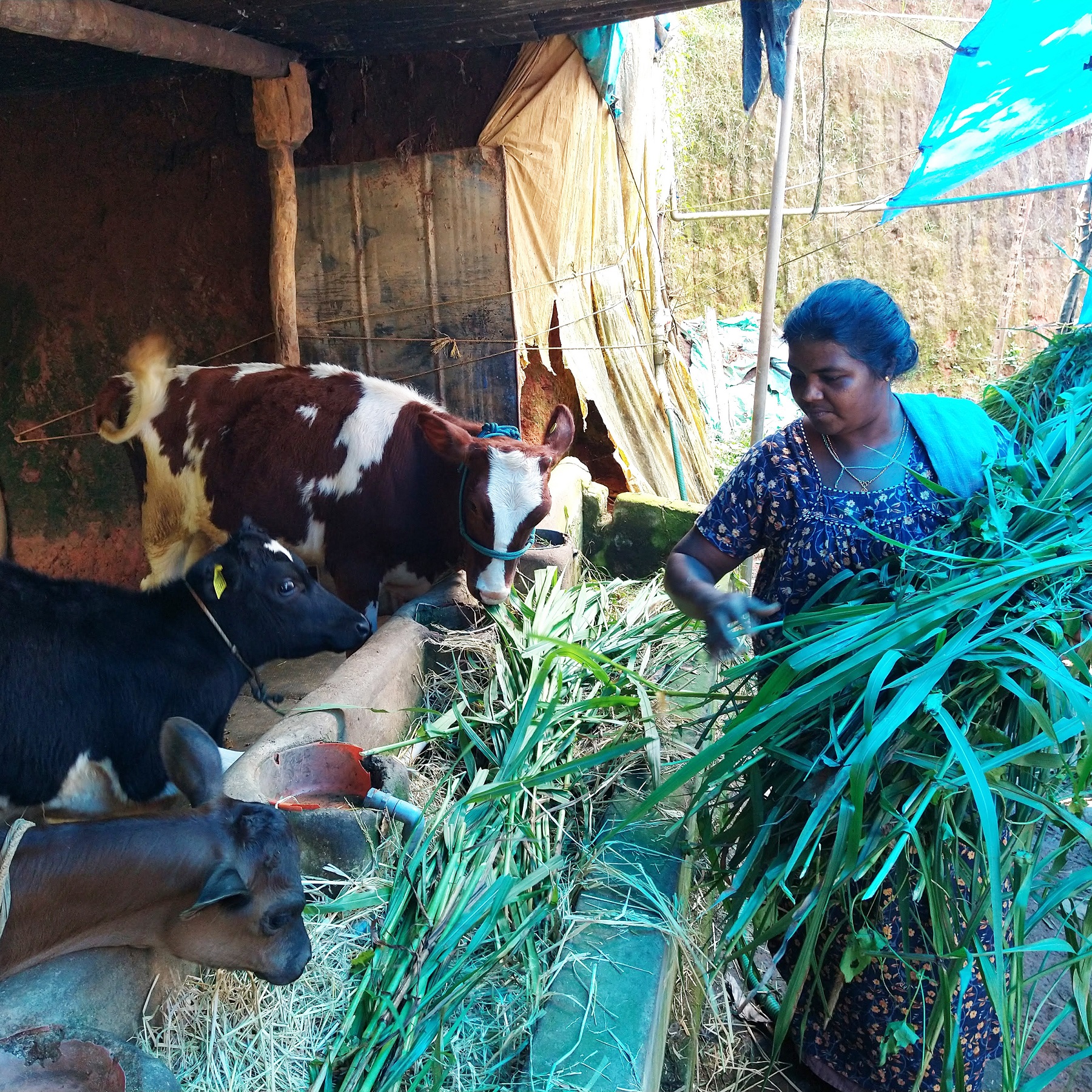Positive Effects of Reading on Children

 A young child sits in her bed one night, determined to finish just one more chapter of the book she borrowed from the library a few days ago. She has to know what happens next! Will the main character slay the dragon in the end? Will everything turn out okay for the characters she has grown to love? The storyline is based on a fantasy world full of interesting creatures that the girl never would have imagined before opening the pages of this novel. She never thought she would enjoy reading and discovering new worlds and ideas so much.
A young child sits in her bed one night, determined to finish just one more chapter of the book she borrowed from the library a few days ago. She has to know what happens next! Will the main character slay the dragon in the end? Will everything turn out okay for the characters she has grown to love? The storyline is based on a fantasy world full of interesting creatures that the girl never would have imagined before opening the pages of this novel. She never thought she would enjoy reading and discovering new worlds and ideas so much.
Although this young child doesn’t realize it, voluntary reading can result in many positive effects. The immediate effect, of course, is that the young child is happy and engaged in something productive. However, there are multiple long-term effects, as well. For instance, if she continues to read books (of any kind), she will become more creative, language-rich, intelligent, and will have higher self-esteem. Her future will look brighter, and she will be able to bond with others who enjoy the act of reading (which can include role models, teachers, or family members).
Research has shown that recreational reading in children, or reading books for pleasure, leads to higher literacy and language development, improved brain function, and improved self-confidence and motivation to learn. According to Stephen Krashen, who reviewed multiple studies on the topic of voluntary reading and its effect on literacy development, those who read more have higher rates of foreign language competence, which can be particularly helpful to those in other countries (such as India) who are trying to learn English. Basically, those who read more in the language will understand the language better; just one benefit of many.
Right now, as you read these words on your screen, multiple regions of your brain are working together in order to comprehend the meaning. Plus, the brain is constantly making connections, which improves understanding. An experiment in Emory University revealed that those who were reading a novel had consistently higher neural networks and connectivity; although there are still many questions in regards to reading and the brain, it is clear that reading leads to positive outcomes in brain development.
An interesting thing to note is that recreational reading can have effects in unexpected places. According to The Guardian, a study of about 17,000 people revealed that those people who read more for pleasure also have improved mathematical abilities. It is hard to say whether it is a direct relationship; however, it makes sense that those who read for pleasure will have higher confidence in themselves and a stronger bond to learning, and to attempting new things, which could certainly result in higher abilities in mathematics.
Finally, a mere 30 minutes of reading a night can result in an improved “reading age.” According to The Telegraph, if a child reads every night for 30 minutes, their “reading age” can improve two years in less than 5 months. This means that the child will not only be accelerated in their literacy, but will result in higher grades in school, more confidence, and a zest for learning.
Keeping in mind the true power that reading and literacy holds, Profugo has recently developed an organized library that they plan to implement in the resource-strapped Indian village of Prashanthagiri. This would provide children, and the rest of the community, with free access to a much-needed commodity. Books can be very expensive, especially for those who do not have much to begin with, but they clearly have much-needed effects; the community members of Prashanthagiri deserve this access to books and knowledge. At this point, the Prashanthagiri village does not have a public library, which means that children are missing out on all the benefits reading can give them. However, once Profugo raises the appropriate amount of funds to launch the community library project, this will all change; the children will become more creative, and will have free access to books and the love of reading and learning.
Sources:
https://www.sanfordhealth.org/HealthInformation/Healthwise/Topic/ta7018
http://abcnews.go.com/Technology/reading-improve-brain/story?id=21501657
http://www.sdkrashen.com/content/articles/singapore.pdf
http://www.theguardian.com/books/booksblog/2013/sep/16/reading-improves-childrens-brains






Leave a Reply
You must be logged in to post a comment.